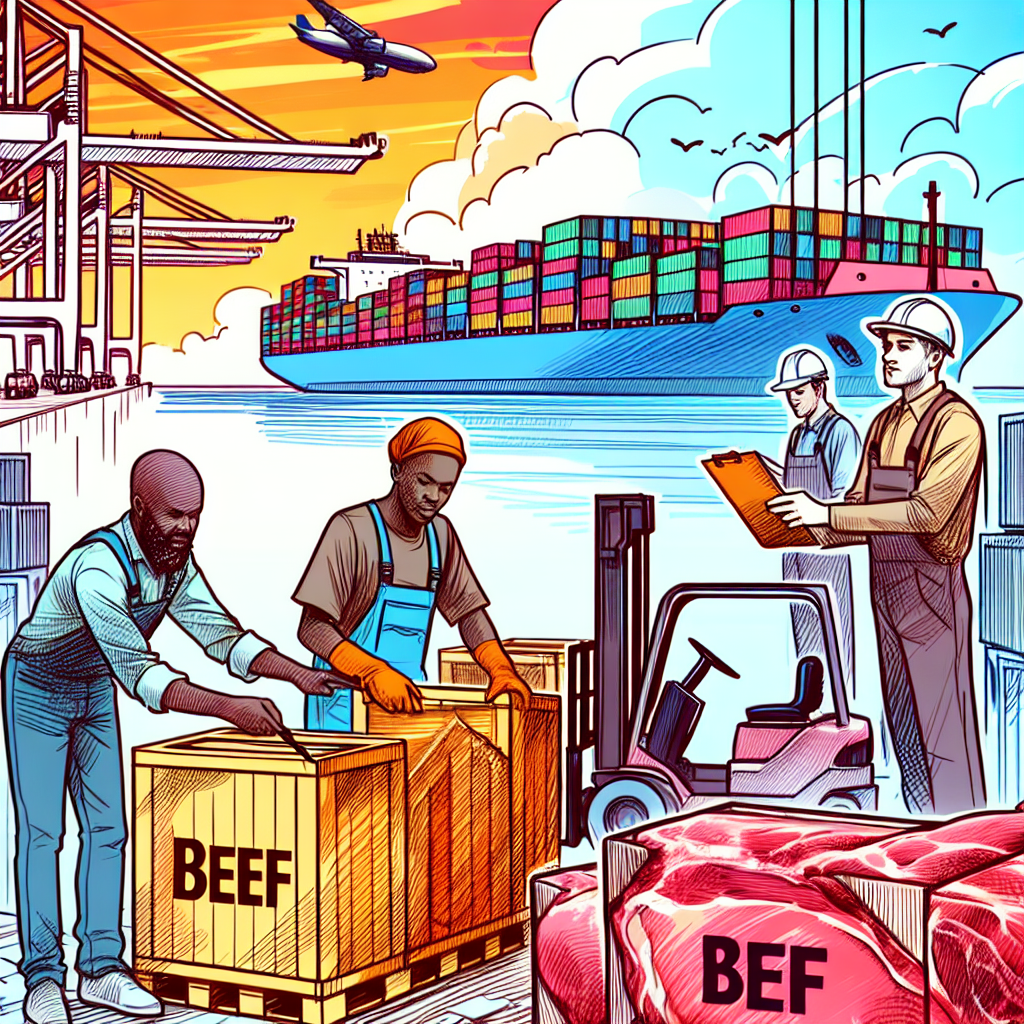US Beef Set to Flood Australian Markets Amid Biosecurity Debate
The United States is poised to increase its beef exports to Australia following Australia's decision to loosen import restrictions. President Trump hailed the move as proof of U.S. beef's superior quality. However, Australian officials stress the decision stemmed from biosecurity improvements, with no trade deal intentions.

The United States is preparing to ramp up its beef exports to Australia after the latter country relaxed its import restrictions. President Donald Trump announced the potential increase, asserting that U.S. beef stands as the safest and highest quality in the world. The announcement comes in the wake of Australia's decision to adjust its biosecurity standards, which previously limited U.S. beef imports.
Despite President Trump's enthusiasm, Australian officials maintain that the change was not part of any broader trade negotiation, but rather the result of years-long assessments of U.S. biosecurity measures. Since 2003, concerns over bovine spongiform encephalopathy had kept U.S. beef mostly out of Australian markets. The recent policy update reflects improvements in cattle traceability and control systems in the United States.
While the announcement has sparked optimism among U.S. farmers and ranchers, it raises biosecurity concerns in Australia. Critics argue that the decision may compromise the country's stringent disease and pest prevention measures. Meanwhile, the Australian government faces pressure regarding broader trade implications, with tariffs and the potential for a more comprehensive trade agreement with the U.S. remaining contentious topics.
(With inputs from agencies.)










